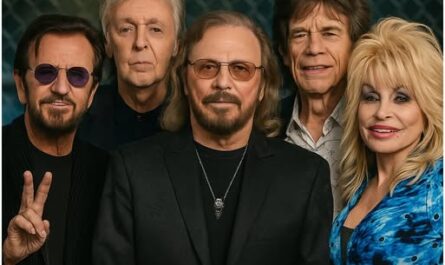Mötley Crüe bassist Nikki Sixx has shared his thoughts on MTV’s phase-out of its music channels. He reflected on the network’s decline in a statement posted on Instagram.
Sixx witnessed MTV’s rise during its early years. He offered a sharp critique of the network’s shift away from music programming. He pinpointed 1992 as the year MTV lost its original identity.
“Is this a good death date? I was there in the beginning, it was so magical and then I saw dark days coming,” Sixx said. “They begin the slow painful recoil from music and leaned heavily into programming and sadly all the way to reality.”
The musician’s comments highlight his disappointment with MTV’s transformation from a music-focused channel to one dominated by reality television.
“Good bye old friend,” he continued. “You were once life changing for all types of Music.”
Sixx’s reflection comes as MTV faces the end of an era that once revolutionized how audiences experienced music.
Hello Magazine reported that Paramount Global announced in 2025 that it will shut down five of its music-oriented channels. MTV 80s, MTV Music, Club MTV, MTV 90s, and MTV Live will close worldwide by December 31, 2025. The shutdown will start in the UK and Ireland. It will then expand to Europe, Brazil, France, Poland, and Asia.
The only channel remaining will be MTV HD. It will shift focus away from music videos toward reality and entertainment programming. The Indian Express noted that this decision reflects declining viewership on traditional TV. Audiences now prefer platforms like YouTube and TikTok for music discovery and consumption.
MTV launched on August 1, 1981, with the iconic first music video “Video Killed the Radio Star” by The Buggles. It marked a revolutionary new way to experience music. The network profoundly influenced culture in the 1980s and early 1990s by pioneering the music video era. It launched artists like Michael Jackson and Madonna.
However, Octiive highlighted that in 1992, MTV began to shift its programming direction away from exclusively music videos toward more varied content including reality shows. This marks the start of MTV’s gradual move from pure music broadcasting to the entertainment-heavy format it became known for. This is the exact moment Sixx identifies as the network’s true death.
The decision to shut down these channels is driven by the decreasing relevance of music channels in a streaming-dominated media landscape. It marks the definitive end of MTV’s original mission as a music television pioneer.





